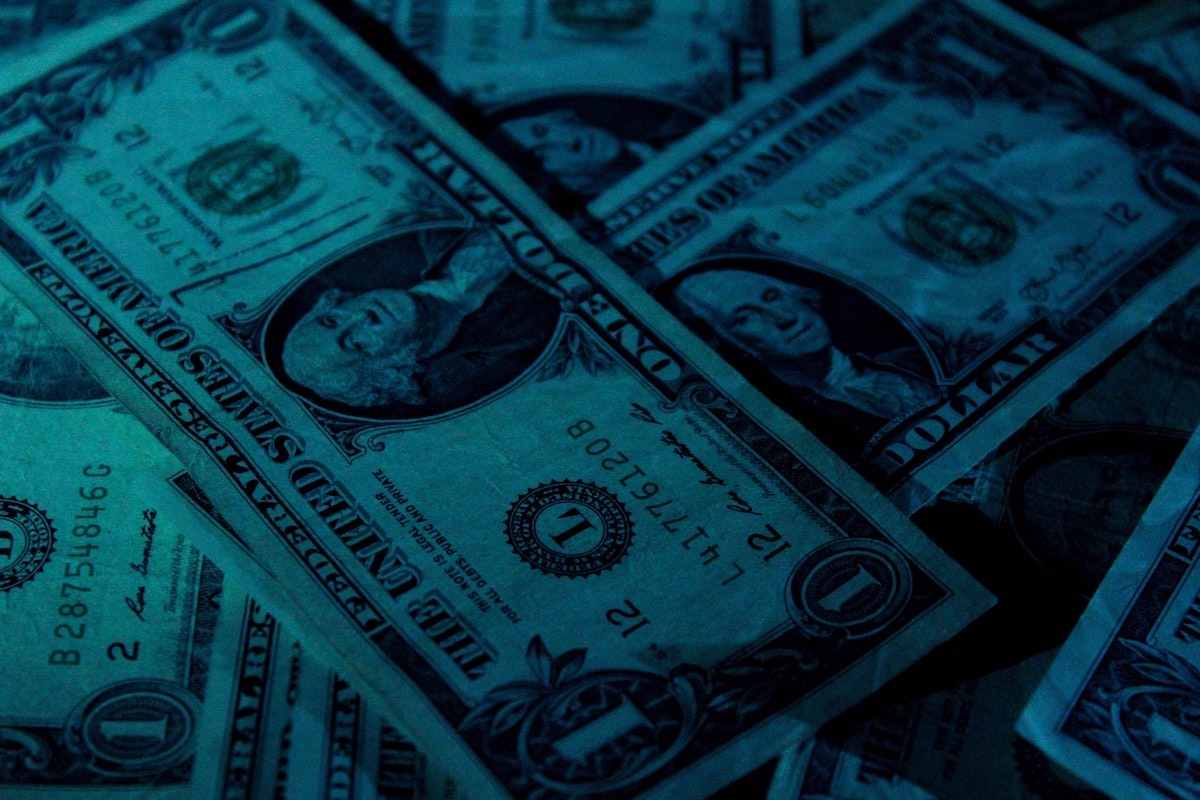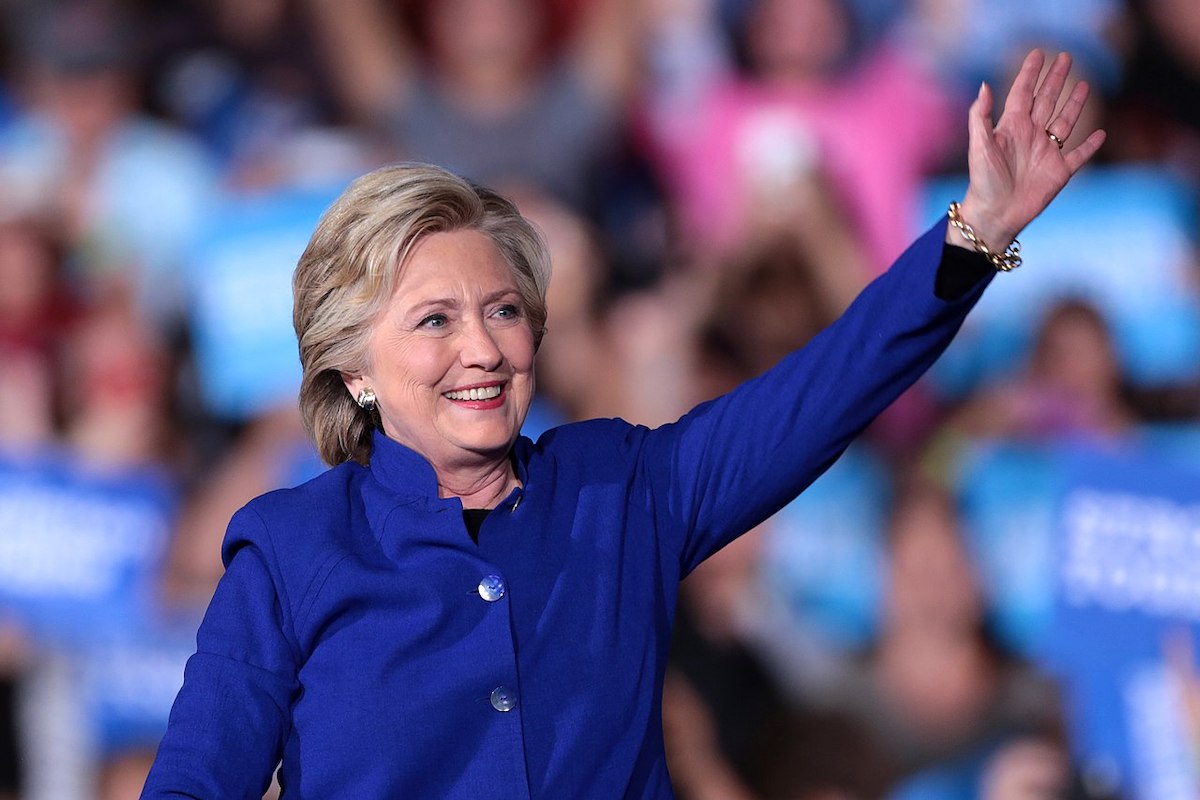Featured
January 1, Economists: No, Corporate Greed Isn’t Causing Inflation

Economists largely agree that profit-driven corporate greed isn’t causing inflation — despite what many Democratic lawmakers say.
“The CEOs of some of the biggest companies have been bragging to their investors that inflation has created a terrific opportunity for them to raise prices and boost profits,” Sen. Elizabeth Warren (D-MA) said earlier this year.
But The Hill reports that “since 1980, the market power of companies over consumers has ticked up an average of about 1 percent a year, allowing them to keep marking up their prices higher and higher above input costs.”
“I am pretty skeptical about the ‘greedflation’ narrative,” Gabriel Unger, a Ph.D. student in economics at Harvard University told the outlet.
“It’s true that markups (and market concentration) have been rising sharply since around 1980. But over almost this whole period, up until the pandemic, inflation has been historically very low. So for most of the past 40 years, we’ve had an economy with high and rising markups, and very low inflation,” he continued.
“It’s possible that in the absence of the former, inflation might have been slightly lower, but I still think this suggests it’s unlikely that high markups on their own cause an explosion of inflation.”
Chad Syverson, an economist at the University of Chicago Booth School of Business, says the sentiment is gaining traction among economists.
“I don’t know how many people want to sign up for consensus on this, but there’s been a lot of research that people have found reasonably convincing that says that measures of market power seem to have been ticking up. It’s not unanimous, but more people think that’s true now than five years ago,” Syverson said.
The outlet noted a study from the left-leaning Economic Policy Institute (EPI) that found the increased market power of corporations over consumers has resulted in sustained higher prices.
“It is unlikely that either the extent of corporate greed or even the power of corporations generally has increased during the past two years. Instead, the already-excessive power of corporations has been channeled into raising prices rather than the more traditional form it has taken in recent decades: suppressing wages,” wrote EPI economist Josh Bivens.

-

 Entertainment2 years ago
Entertainment2 years agoWhoopi Goldberg’s “Wildly Inappropriate” Commentary Forces “The View” into Unscheduled Commercial Break
-

 Entertainment2 years ago
Entertainment2 years ago‘He’s A Pr*ck And F*cking Hates Republicans’: Megyn Kelly Goes Off on Don Lemon
-

 Featured2 years ago
Featured2 years agoUS Advises Citizens to Leave This Country ASAP
-

 Featured2 years ago
Featured2 years agoBenghazi Hero: Hillary Clinton is “One of the Most Disgusting Humans on Earth”
-

 Entertainment2 years ago
Entertainment2 years agoComedy Mourns Legend Richard Lewis: A Heartfelt Farewell
-

 Featured2 years ago
Featured2 years agoFox News Calls Security on Donald Trump Jr. at GOP Debate [Video]
-

 Latest News2 years ago
Latest News2 years agoSupreme Court Gift: Trump’s Trial Delayed, Election Interference Allegations Linger
-

 Latest News2 years ago
Latest News2 years agoNude Woman Wields Spiked Club in Daylight Venice Beach Brawl
Tim Toroian
July 11, 2022 at 10:12 pm
Pocho is just jealous. And has trouble thinking otherwise she wouldn’t believe we would believe her BS.
John J
July 12, 2022 at 7:16 am
Without doubt there IS a great amount of price gauging
Forster
July 12, 2022 at 7:04 pm
Explain Shell Oils’ profit for the first quarter in 2022 versus 2021. In 2021 they made 1 billion per month for 3 months or 3 billion in 2022 they took home 3 billion per month for 9 billion. How does this fit into your algorithm?